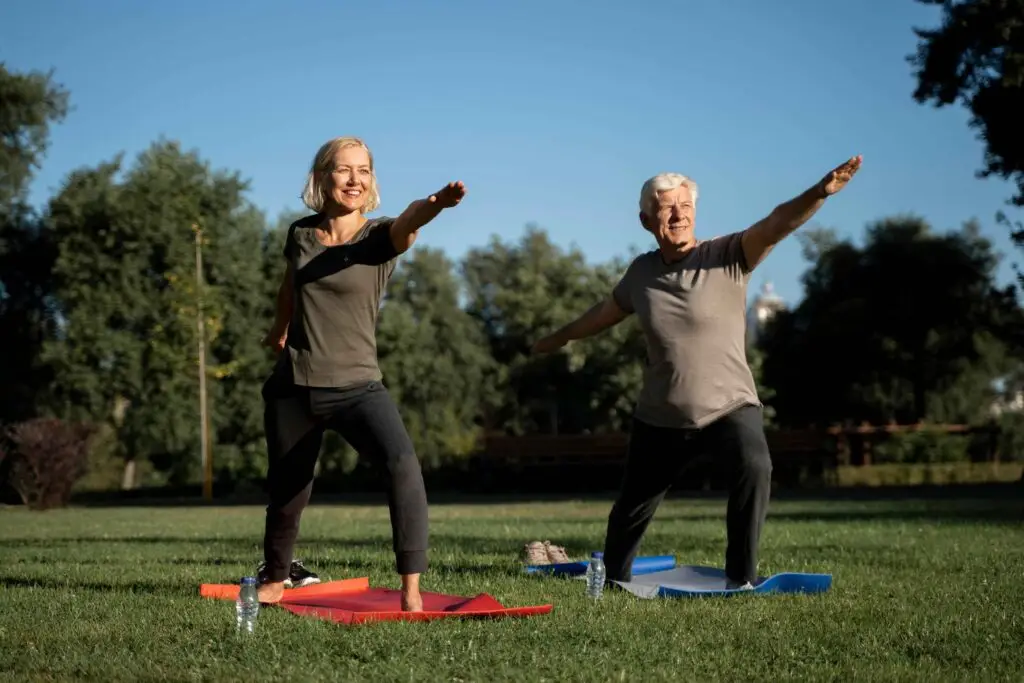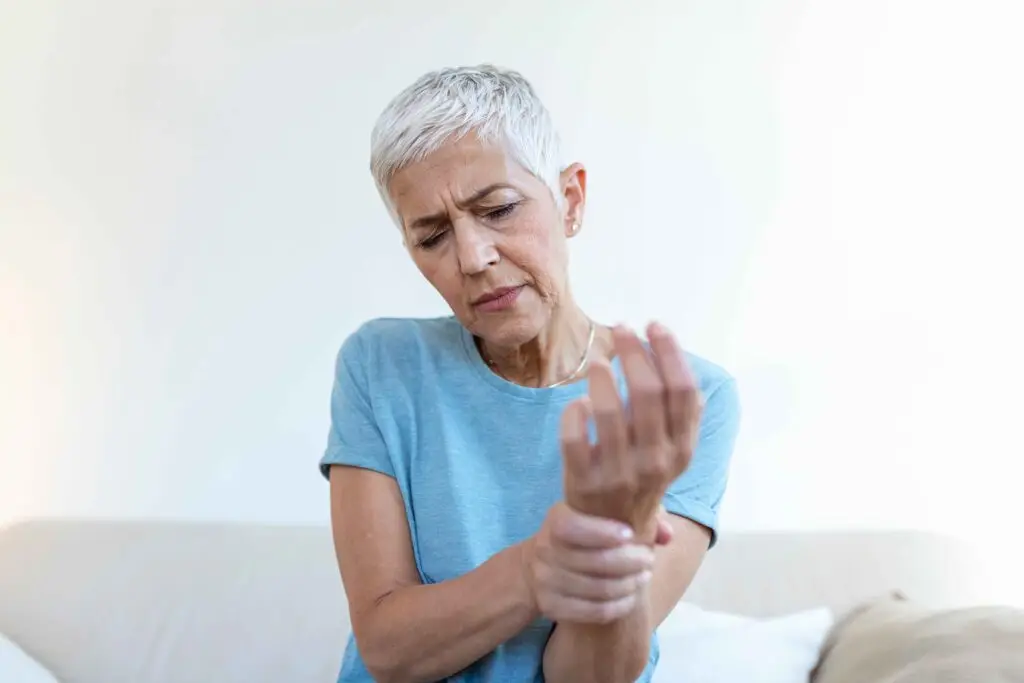Hydration is often overlooked, yet it plays a vital role in our overall health and well-being at every stage of life.
As we age, however, staying hydrated becomes even more crucial. Our bodies undergo subtle changes that can make it more challenging to maintain proper fluid balance.
Why Hydration Matters for Seniors:
- Decreased Thirst Sensation: Our thirst mechanism can become less sensitive with age, making us less aware of our body’s need for fluids.
- Reduced Fluid Reserves: Older adults tend to have less total body water, making them more susceptible to dehydration.
- Medications: Many medications can have diuretic effects, increasing urine output and potentially leading to dehydration.
- Chronic Conditions: Certain health conditions, such as heart disease, kidney disease, and diabetes, can affect fluid balance.
- Cognitive Function: Dehydration can impair cognitive function, including memory, concentration, and alertness.
Signs of Dehydration in Seniors:
- Thirst (although this may be less noticeable in older adults)
- Dry mouth and sticky saliva
- Fatigue and weakness
- Dizziness or lightheadedness
- Confusion or disorientation
- Decreased urine output
- Constipation
- Headache
Tips for Staying Hydrated:
Make Water Your Constant Companion:
- Carry a Water Bottle: Keep a reusable water bottle with you throughout the day and sip from it regularly.
- Set Reminders: Use a water bottle with time markers or set reminders on your phone to encourage consistent fluid intake.
- Infuse Your Water: Add slices of fruit (lemon, cucumber, berries), herbs (mint, basil), or a splash of juice to make water more appealing.
Incorporate Water-Rich Foods:
- Hydrating Foods: Include plenty of water-rich foods in your diet, such as fruits (watermelon, strawberries, oranges), vegetables (cucumber, lettuce, tomatoes), and soups.
Limit Dehydrating Beverages:
- Reduce Caffeine and Alcohol: Limit consumption of caffeinated beverages (coffee, tea, soda) and alcohol, as they can have diuretic effects.
Pay Attention to Medications:
- Discuss with Your Doctor: Review your medications with your doctor to understand any potential side effects on hydration.
Consider Electrolytes:
- Replenish Electrolytes: If you are very active or experience excessive sweating, consider electrolyte drinks or supplements, especially during hot weather.
Address Underlying Conditions:
- Consult Healthcare Professionals: If you have any underlying health conditions that may affect hydration, work with your doctor or a registered dietitian to develop a personalized hydration plan.
Remember:
- Listen to Your Body: Pay attention to your body’s signals. If you feel thirsty, drink water.
- Make Hydration a Habit: Incorporate hydration into your daily routine, just like brushing your teeth or taking your medications.
- Consult a Healthcare Professional: If you are concerned about your hydration status or experience any persistent symptoms of dehydration, consult with your doctor or a registered dietitian.
By following these tips and making conscious efforts to stay hydrated, you can support overall health, improve cognitive function, and enhance your quality of life as you age.
Other Articles

Best Diet for Seniors to Prevent Weight Gain
As we age, our metabolism slows down and our bodies become less efficient at burning calories. This can make it more difficult to maintain a healthy weight. However, there are

Avoiding Online Scams: A Senior’s Guide to Staying Safe Online
The internet has opened up a world of convenience, from online shopping to connecting with family and friends. However, it’s also given scammers new ways to exploit unsuspecting users, with

West Virginia Senior Communities
The Village at Heritage Point (Morgantown) – A well-rated independent and assisted living community. Located near West Virginia University, The Village at Heritage Point offers a comfortable and engaging senior

Book Review: The Daily Ukulele – A Joyful Songbook for Every Day
If you’re looking for a fun, uplifting way to play your ukulele every day—without needing advanced skills—The Daily Ukulele: 365 Songs for Better Living is one of the most beloved

Why Seniors Should Avoid Benzodiazepines — And Safer Alternatives to Consider
Introduction: The Hidden Risk in a Common Prescription Benzodiazepines—often called benzos—are some of the most widely prescribed medications in the world. They’re typically given to relieve anxiety, muscle spasms, or

Healthy Recipes for Seniors Over 60: Eating Well Made Simple
Eating healthy after 60 isn’t about complicated diets or giving up your favorite meals—it’s about balance, simplicity, and getting the right nutrients in ways that fit your lifestyle. Whether you’re





